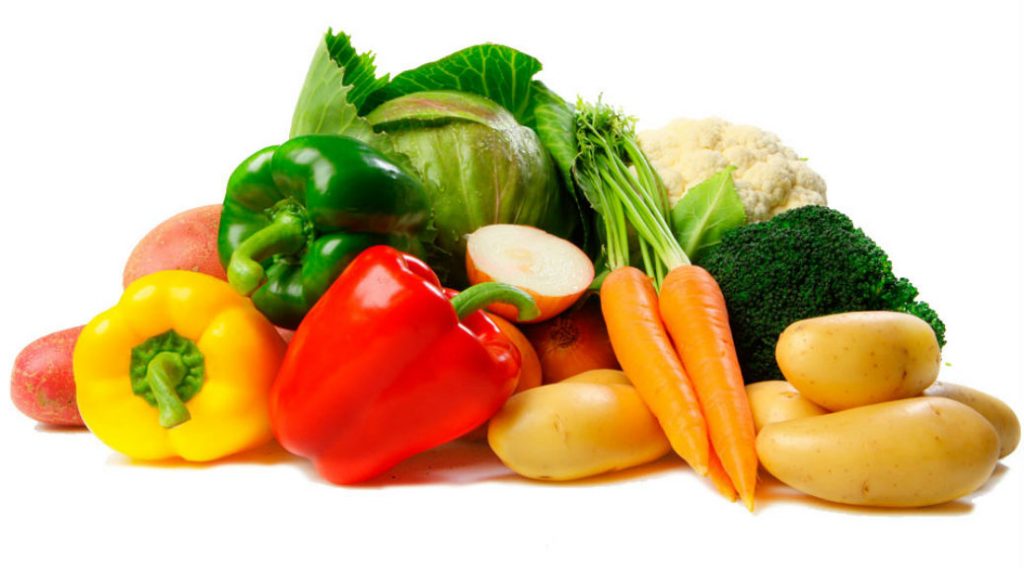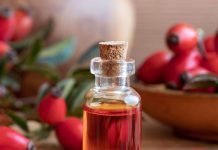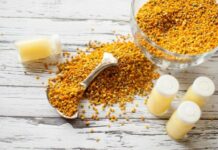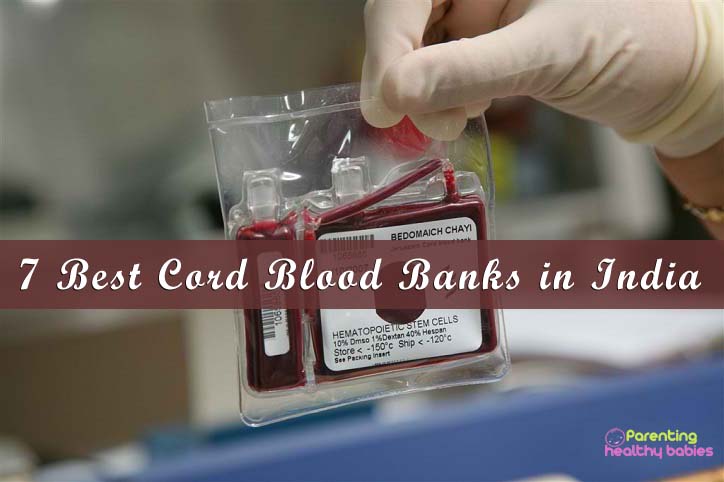Raw sprouts, rose moss, radish, moringa, clover, bitter melon, sweet leaf, wormwood, flagrant knotweed, mung bean sprouts and excessive potatoes are some of the vegetables to avoid during pregnancy.
There are many changes occurring in the body of a woman during the nine months of pregnancy when she prepares to give birth to new life. As the body undergoes various changes to accommodate new life, it is important that a woman pays attention to what she eats. During the period of pregnancy, the food she eats directly affects the growth and development of the fetus. It is universally agreed that vegetables are healthy, and most vegetables for pregnancy do affect the health quotient positively. But there are some vegetables that pregnant women should avoid, and a list of vegetables to avoid during pregnancy is also given. Particularly in the first trimester of pregnancy, women should be careful about what they eat and drink to reduce the risk of miscarriage.
Vegetables for Pregnancy: 11 Foods to Avoid During Pregnancy
While vegetables are generally nutritious, consumption of some vegetables and over-eating a few others may be disruptive. Here are a few vegetables to avoid during pregnancy:
Raw sprouts
Sprouts are vegetables that grow in a humid environment which is also where bacteria can thrive. Bacterium like Salmonella are rampant in this environment and may be present in sprouts. In a list of vegetables to avoid during pregnancy, raw sprouts should definitely be included as a threat. Under normal circumstances as well, make sure to thoroughly clean vegetables before consumption.
Rose moss
Rose moss is a common herbal remedy and is widely available and used in preparing various dishes. The components in the herb can stimulate the uterus in such a manner that it may shrink increasing an already high risk of miscarriage in the earlier months.
Radish
Like sprouts, radish also has a high risk of salmonella contamination that includes it in the list of food to avoid during pregnancy.
Moringa
Moringa is a major source of alpha-sitosterol. The chemical structure of this compound is very similar to estrogen which actually helps in avoiding pregnancy. The vegetable is also an herbal remedy that helps prevent pregnancy, making it a naturally a vegetable to avoid during pregnancy.
Clover
Owing to its growth in an environment with high humidity, it is susceptible to bacterial infections from bacterium like Salmonella which may be dangerous to any pregnant woman and also her child. Clover is best avoided during pregnancy.
Bitter melon
Bitter melon seeds are so bitter that they run the risk of stomach and womb pulsating which can lead to miscarriage or premature birth. The vegetable can help avoid defect and help development, but in some exceptional cases the uterus may incline back and cause internal scarring. The seeds are most harmful as the vicine present in seeds can cause poisoning in exceptional cases. It is a vegetable best avoided during pregnancy and the seeds must always be removed before consumption.
Sweet leaf
This vegetable can cause spasms in the smooth muscle lining of the uterus. Minor effects may include diarrhea, but a major side effect of consuming sweet leaf may also cause miscarriage in pregnant women. Sweet leaf can also stunt the development of the child and cause abnormalities.
Wormwood
Generally associated with providing relief during muscle pain, wormwood can be harmful during pregnancy. Consumption of wormwood in the first 3 months stimulates contraction of the muscles in the uterus increasing the risk of bleeding and therefore carries the threat of miscarriage. Women with a history of miscarriage or premature birth should avoid eating wormwood during pregnancy.
Flagrant knotweed
Excessive eating of this vegetable may cause blood loss. This is why knotweed should be avoided by women in their first trimester of pregnancy. The components present may result in the uterus to pulsate which is not desirable during the period of pregnancy. Duck egg embryo with some stems of knotweed is adjudged to be safe for consumption, if at all one desires to consume it.
Mung bean sprouts
The environment that these vegetables grow in is equally supportive of the growth of bacterium. While some people may argue that any bacterial contamination may be washed off, it is almost difficult to do if there has been bacterial intervention at every stage of the development of the vegetables. It is best to include mung bean sprouts in the category of food to avoid during pregnancy.
Excessive potatoes
An excessive consumption of potatoes during pregnancy can be harmful for your baby. While potatoes may have a host of beneficial nutrients, an overt presence of potatoes in your daily diet can increase the risk of gestational diabetes.
Cautionary measures
As the body grows and accommodates new life, a woman in the duration of her pregnancy becomes even more susceptible to infections caused by bacteria and viruses. The risk of parasites affecting the body is also more. Toxoplasma, E. coli, Salmonella and Listeria are some of the bacteria occurring in soil which may enter the body of a pregnant woman via vegetables, harming both mother and child. Contamination of any vegetable may occur during the plantation, processing, harvesting, storing or transportation of these vegetable. Vegetables that are grown in environments which allow bacteria to grow should be food to avoid during pregnancy.
While unwashed vegetables may be of risk to any individual, it becomes double so in case of pregnant women. The presence of Toxoplasma in any vegetable can cause Toxoplasmosis which may or may not have symptoms in the pregnant woman. However, it may manifest in the baby in the form of blindness or other physical disabilities. It is important that you thoroughly clean, rinse and cook vegetables before consuming them. Peeling the skin of vegetables may also work in your favour.
Some vegetables that are helpful during pregnancy
Not all vegetables come under the preview of food to avoid during pregnancy. In fact, most vegetables add nutritional value to your diets. Onions, potatoes and carrots can provide a wide range of vitamins, potassium, antioxidants and fibre that can help a pregnant woman and benefit get baby.
Conclusion
Every woman is different from one another and everybody has their unique take on pregnancy. To accommodate the changes occurring in the body of a woman, the best that can be done is to change the eating habits in a way that includes more vegetables for pregnancy. Knowing what kind of food to avoid during pregnancy can also be of help. However, if you face any issues with food and nutrition, do not hesitate to consult a medical professional.
References
https://m.onlymyhealth.com/can-pregnant-women-eat-root-vegetables-1342657648













